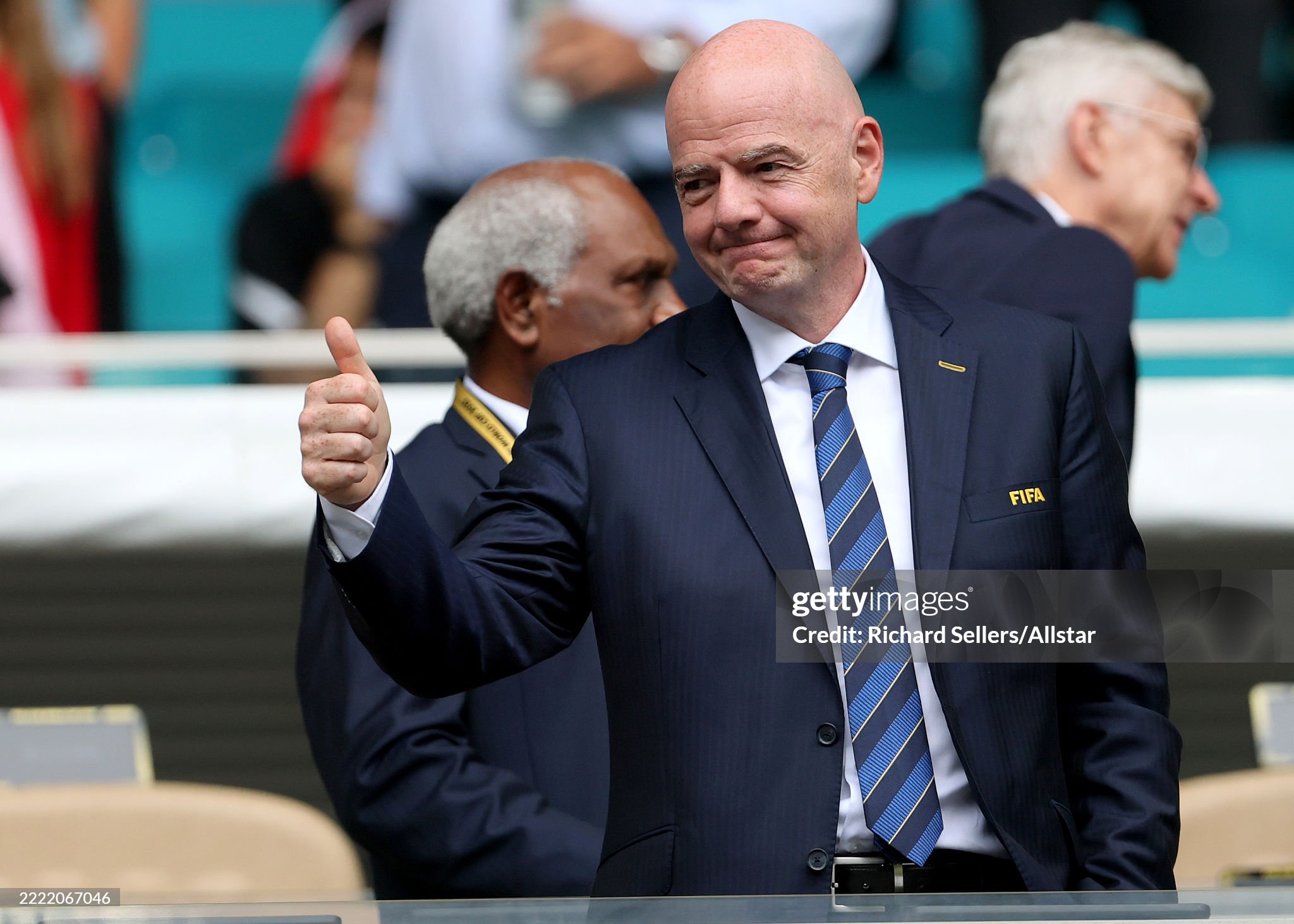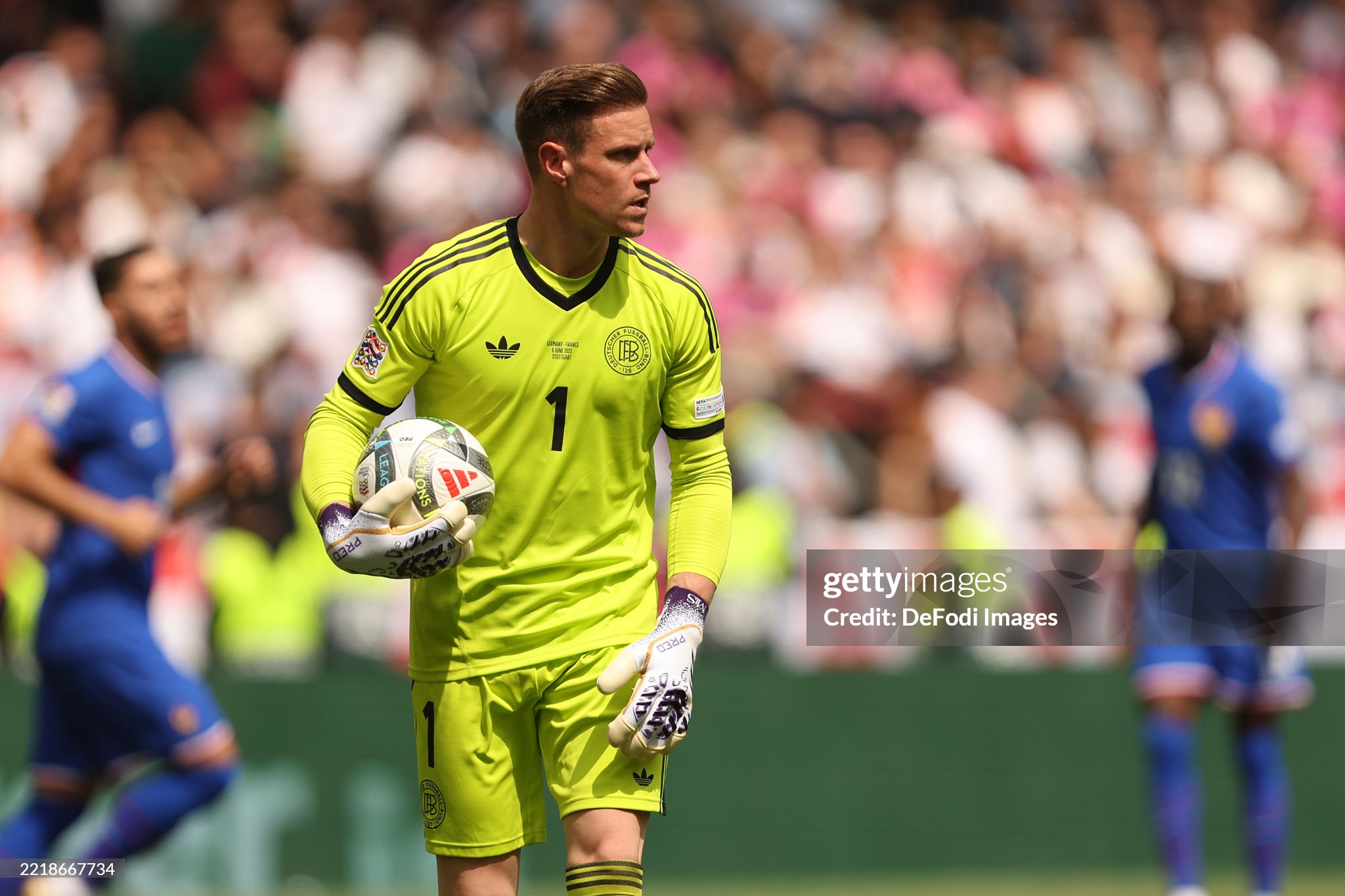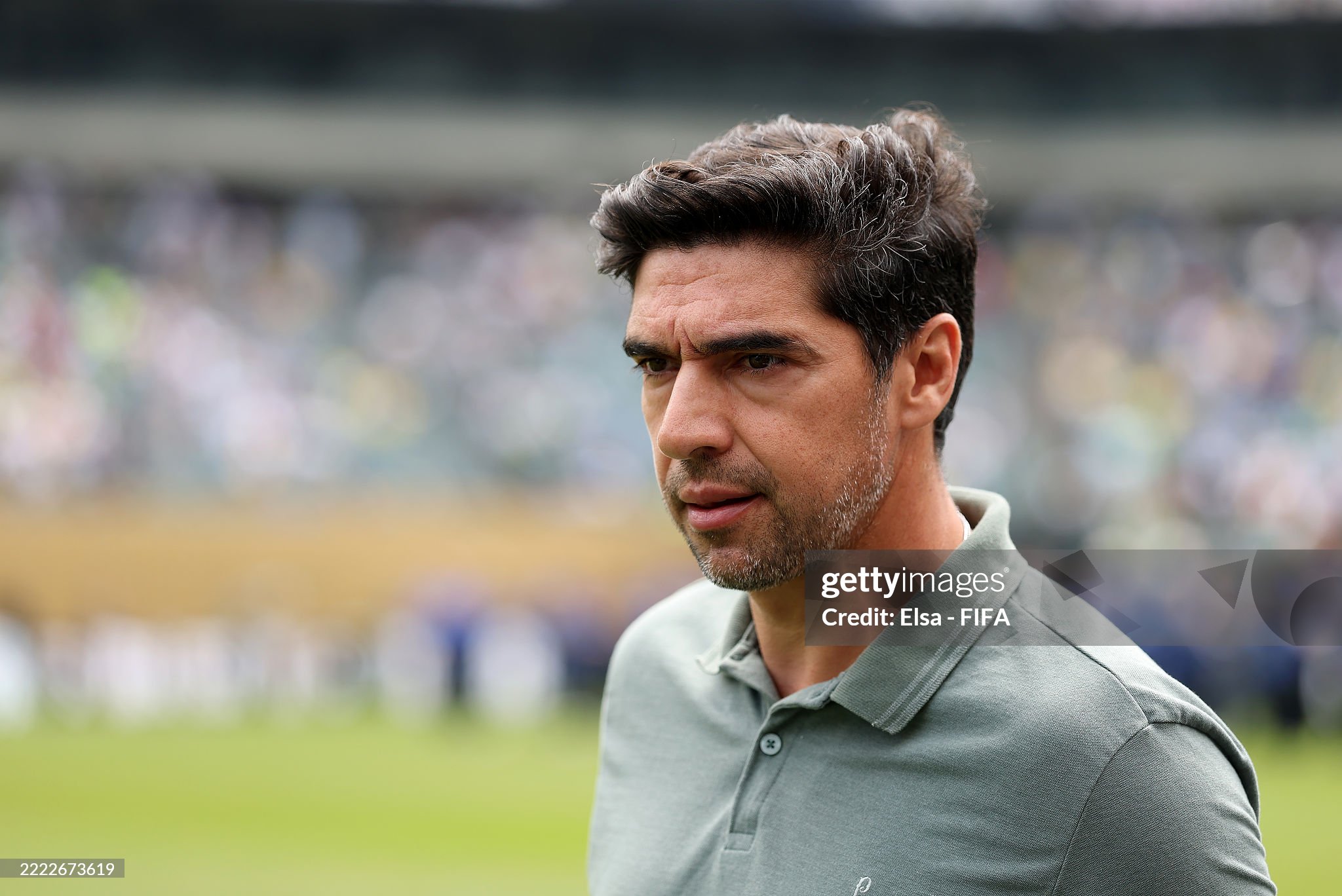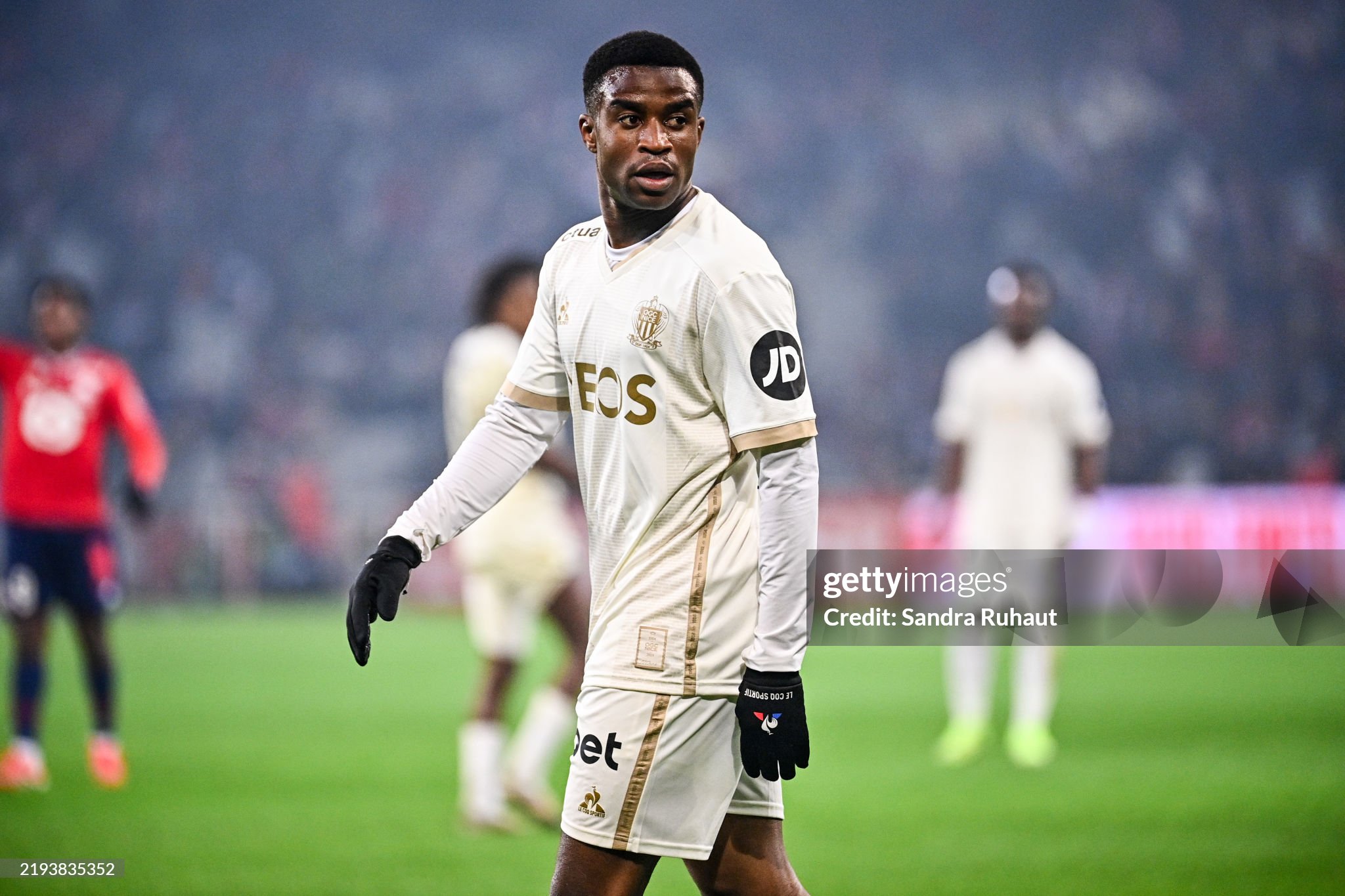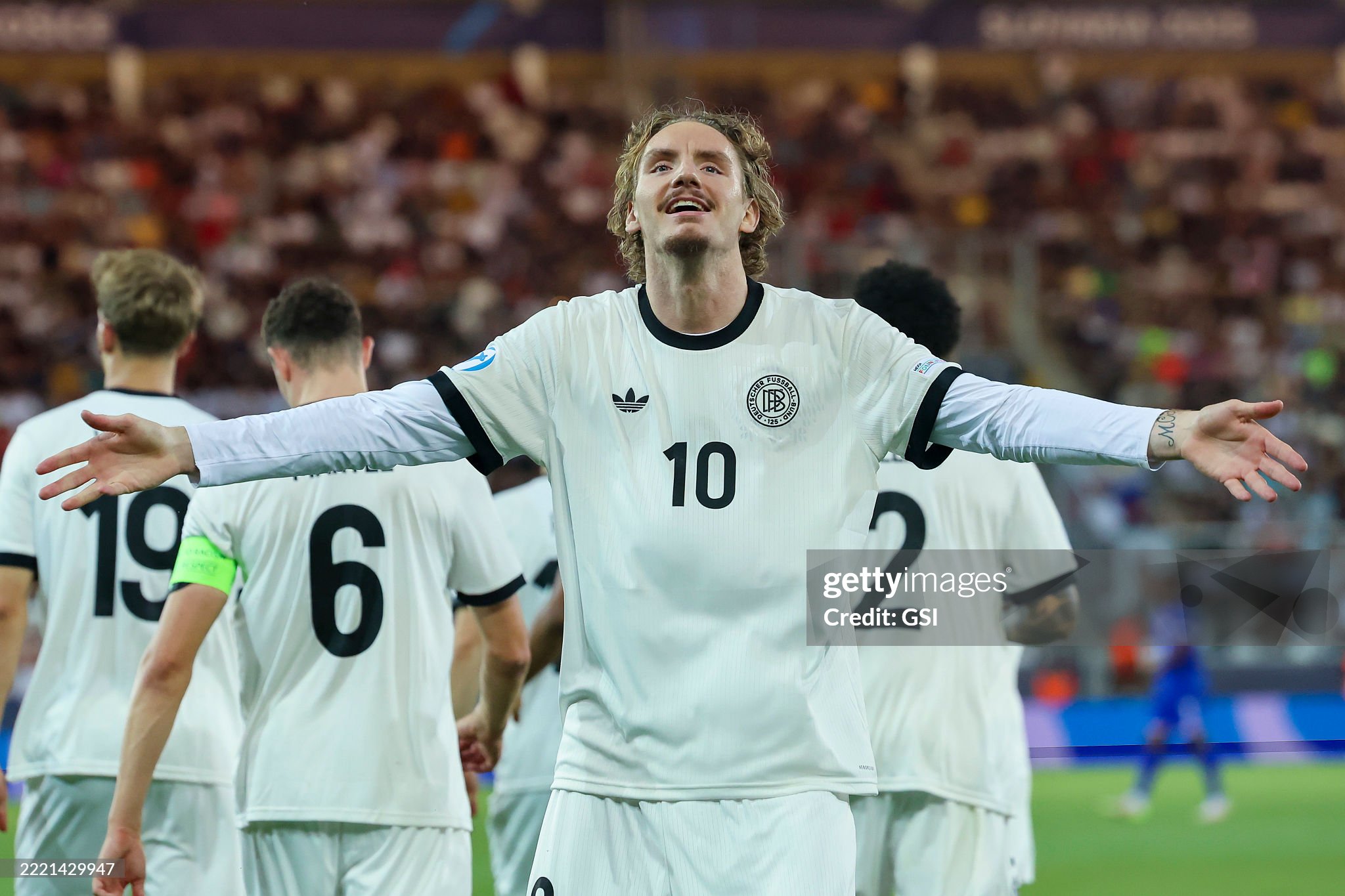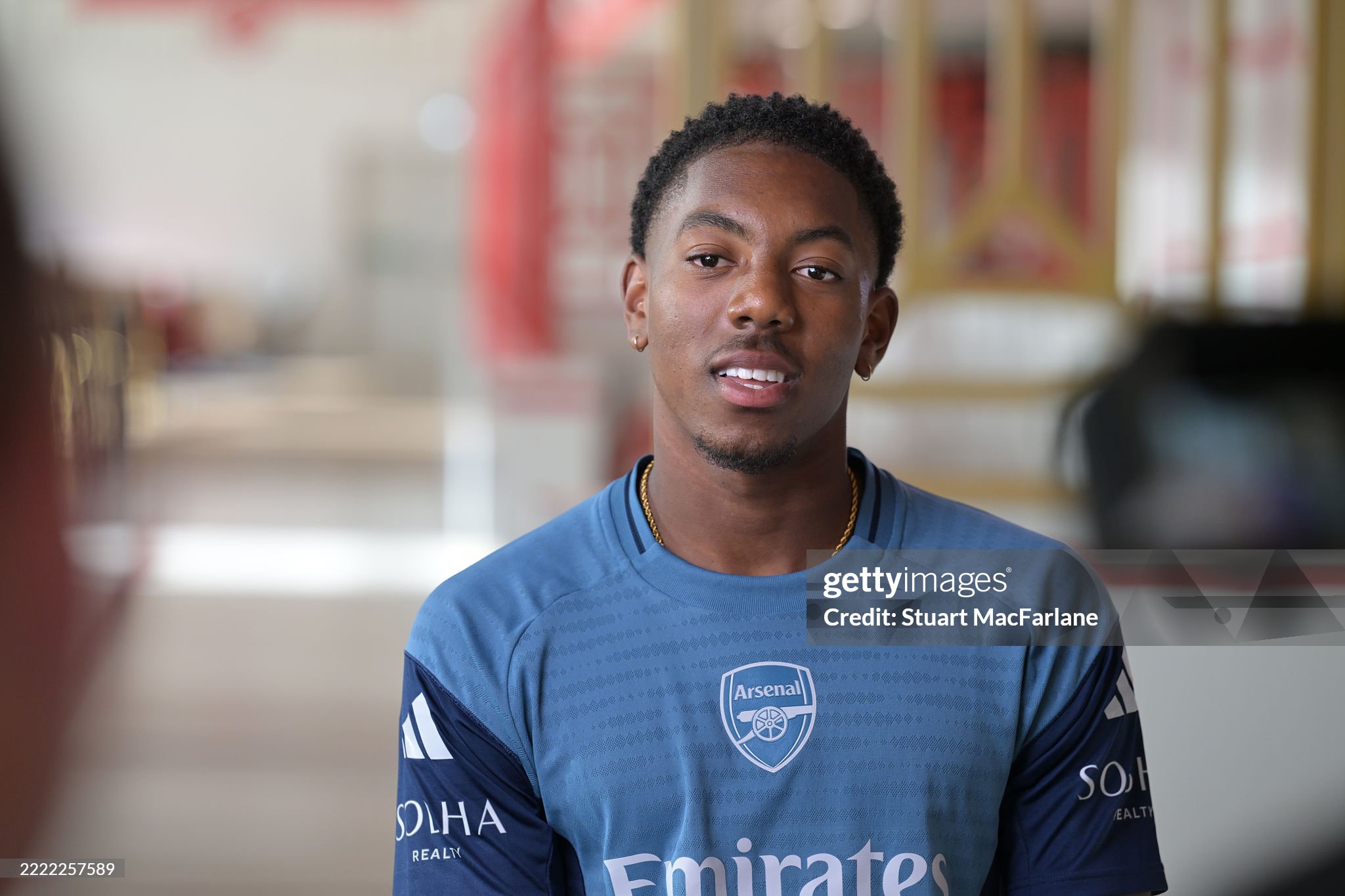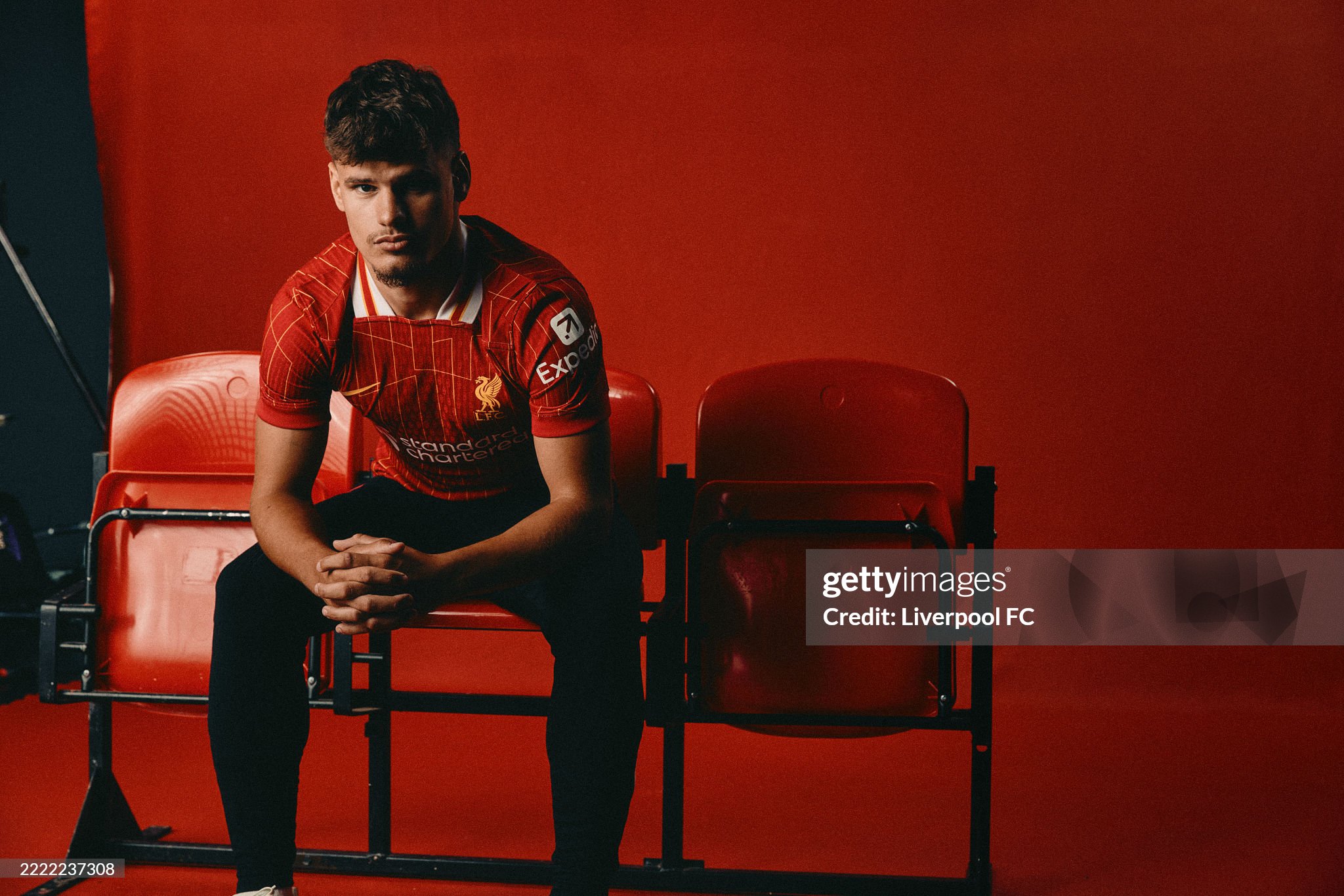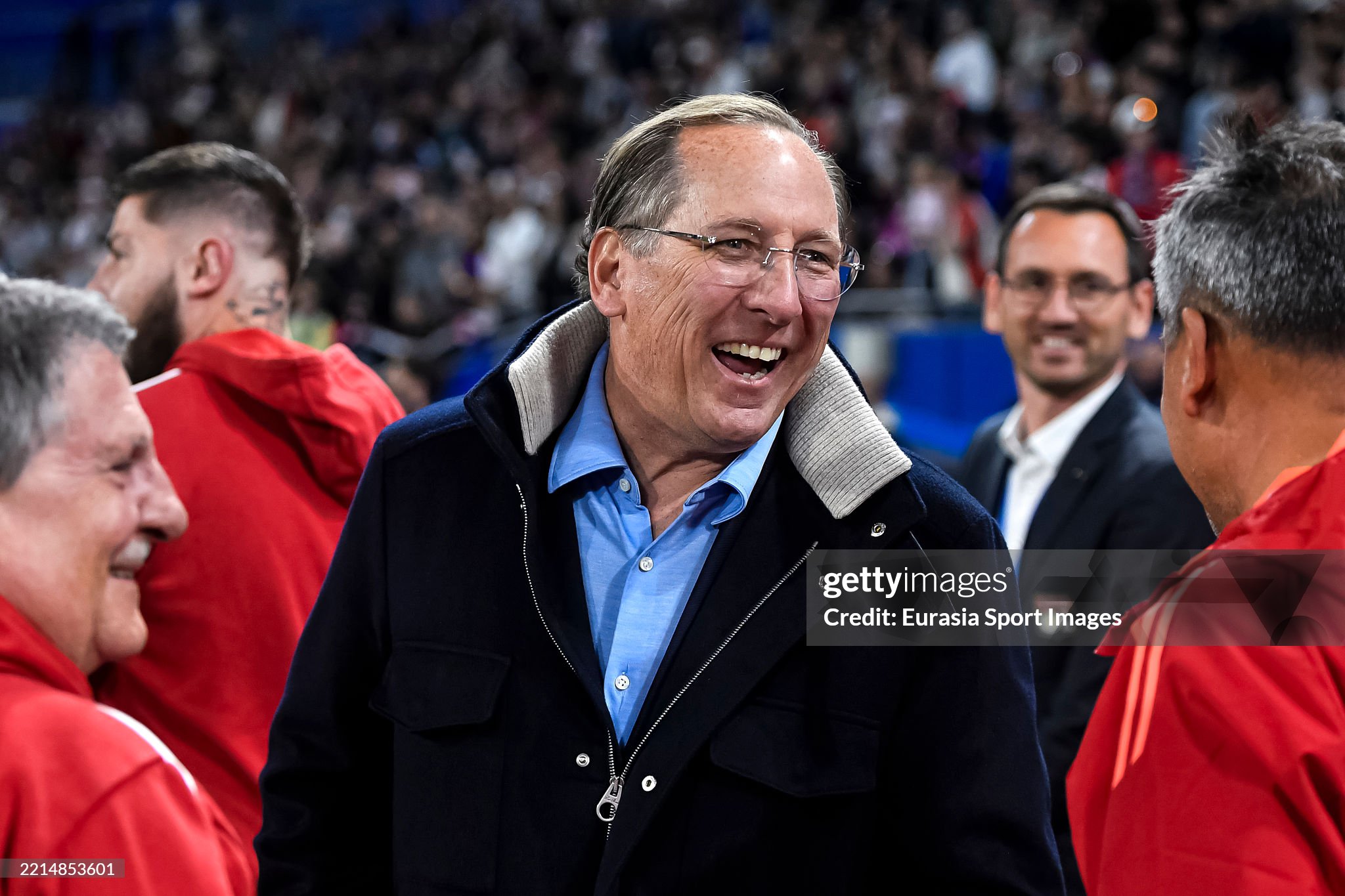Gianni Infantino has faced strong criticism from the UNFP, the French players' union. A spokesperson for the organization said it is time to give players more rest in order to prevent a bloodbath.
Just a week ago, FIFA president Gianni Infantino stood before the media with confidence and enthusiasm as he spoke about the upcoming expanded Club World Cup, set to take place in 2025 in the United States.
“Some people might have a bit of criticism, but it’s something new. It’s something special,” he said, brushing off concerns about player overload with a wave of optimism. Yet, despite his attempt to position the tournament as a fresh, exciting addition to the global football calendar, the backlash has been both swift and fierce especially from France, where the UNFP (Union Nationale des Footballeurs Professionnels), the country's professional footballers' union, has emerged as one of the most outspoken critics.
In a blistering statement, the UNFP denounced Infantino’s detachment from the real-life consequences of his decisions. “The contradiction of this tournament is clear to everyone except Infantino and his followers,” they declared. “From his ivory tower, which he parades around the world, he shows no concern for the toll the international match calendar is taking on the top players. His Club World Cup is the perfect example of absurdity, and it proves that we urgently need to stop this bloodbath.”
The union's words are not just rhetorical; they reflect a growing sense of urgency among players, coaches, and health professionals. At the core of the issue is the relentless expansion of the football calendar a trend that has accelerated in recent years as governing bodies like FIFA and UEFA introduce new competitions, increase matchdays, and lengthen existing tournaments to satisfy commercial interests and global audiences. While clubs and sponsors may profit, the ones who suffer most are the players themselves.
FIFPRO, the global players' union, has backed up this alarm with data. Their recent report focused on the staggering workload endured by elite footballers, naming Real Madrid's Federico Valverde and Luka Modric as examples. Valverde, who is only 25, has played an astonishing 68 matches in the 2023/24 season, totalling 5,853 minutes. Should Real Madrid reach the final of the 2025 Club World Cup, he could play up to 480 additional minutes potentially surpassing the previous record held by Bruno Fernandes, who played 6,288 minutes across 72 matches in the 2023/24 campaign. These numbers far exceed what sports scientists consider healthy for peak performance and long-term well-being.
While Modric, now 38, has had more rotational rest time, his inclusion in the data underscores another concern: veteran players are being stretched to their limits, often pushed into unnecessary fixtures driven by commercial appeal rather than sporting necessity.
Infantino’s vision for the Club World Cup includes 32 teams and a full tournament structure, mirroring that of the FIFA World Cup. That means a summer tournament with group stages, knockout rounds, and a final essentially adding another major event to an already jam-packed football calendar. The timing of the tournament, just weeks after the UEFA Euro and Copa América, raises fears that players will be subjected to back-to-back international commitments with little to no off-season recovery time.
Beyond the physical toll, experts warn of the mental health impact. Burnout, anxiety, and depression are becoming increasingly common among professional athletes. The constant travel, media scrutiny, and absence of meaningful rest periods are compounding the strain. The UNFP emphasized that footballers are not machines and cannot be expected to perform endlessly without consequence. “This isn’t just about fitness or fatigue,” the union stated. “This is about dignity, respect, and the right to a sustainable career.”
Clubs have also begun to voice their concerns, albeit more cautiously. While many rely on FIFA’s financial incentives and international exposure, they are starting to feel the cost of injuries, inconsistent performances, and exhausted squads. High-profile managers like Jürgen Klopp and Pep Guardiola have previously criticized the overcrowded schedule, and it is likely that the expanded Club World Cup will reignite those discussions with renewed intensity.
The debate is no longer just a matter of preference it is becoming a matter of principle. How much can be asked of a professional footballer? Where is the line between ambition and exploitation? And at what point does the pursuit of global growth come at the expense of the very people who make the sport possible?
As the countdown to the 2025 Club World Cup continues, pressure is mounting on FIFA to reconsider its approach. Infantino may remain unmoved for now, but the noise around him is growing louder not only from France, but from players and stakeholders across the world who are beginning to demand a more ethical, player-centered vision for football’s future.
